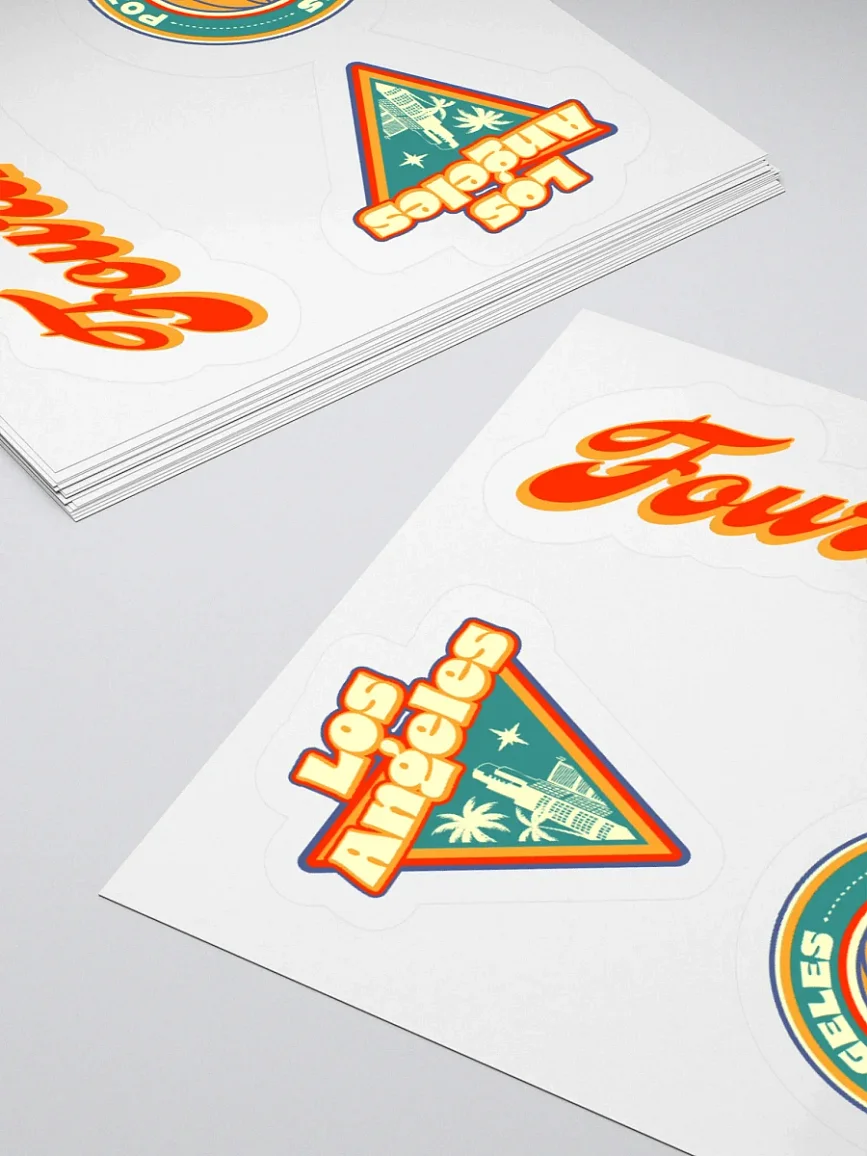What Is Personal Branding? Tips To Build Your Creator Brand

As a content creator, you know the importance of building and maintaining a loyal fanbase. Your audience is the key to your success, and building their trust is crucial. Personal branding is a way of establishing who you are and what you stand for, to better connect with your audience.
Whether you're just starting as a creator or looking to take your brand to the next level, it’s imperative to develop your personal brand. In this article, we will share our practical tips and steps for creators and influencers looking to craft a solid personal brand.
What is Personal Branding?
Personal branding is the process of creating an image or identity for yourself that is tied to your unique skills, values, and experiences. It encompasses everything from the way you present yourself to your audience, to the content you create, and the way you interact with your followers. Personal branding is all about establishing yourself as a unique and valuable source of content. If you haven’t established a brand identity yet, be sure to learn more about that before implementing these tips.
Why is Personal Branding Important? 4 Benefits
There are several benefits to investing time and effort into building your personal brand. Here are some of them:
- You’ll Stand Out: Personal branding enables you to differentiate yourself from other creators and helps you establish a unique social media presence.
- It Builds Trust: It can build trust among your followers by providing a consistent message across all your platforms.
- Opportunities Arise: Personal branding can increase your visibility and reach, as well as open up new opportunities and collaborations or partnerships with brands.
- You’ll Build Credibility: It allows you to establish yourself as an expert or thought leader in your niche and build a reputation for authentic content.
How to Create a Personal Brand in 5 Steps
Creating a personal brand can seem like a daunting process, but by breaking it down into steps, the process becomes more manageable. Here are three key steps to creating your personal brand:
Step 1. Identify your target audience
To create a personal brand that resonates with your followers, you need to know who they are. Identifying your target audience allows you to have a better understanding of their needs, interests, and pain points. Take a look at the analytics of your current content, to see who is tuned into your content. Check out the audiences of similar creators to get a general idea.
Identifying this audience will allow you to create content that is aligned with their interests and messaging that speaks to their experience. Be sure that you and your audience have these things in common, people love relating to the person on their screen and building a feeling of connection. No matter what kind of content you create, you need to understand who the person clicking on your content is or will be.
Step 2. Define your unique selling point (USP)
What sets you apart from other creators in your niche? Identifying your unique selling point (USP) is key to building a personal brand that stands out. Think about what makes your content unique, and what keeps your followers coming back. This could be your expertise in a specific area, your sense of humor, or your life experiences, or the stories you share.
Step 3. Establish your personal brand goals
Define what you want to achieve with your personal brand. What do you want to be known for and how are you going to do it? This could include increasing your reach, establishing yourself as an expert in your niche, building trust among your followers, or monetizing your content. By having a clear goal in mind, you can tailor your branding efforts to achieve that goal.
Step 4. Audit your current branding
Take a closer look at your social media channels and consider how they would look to someone stumbling across them for the first time. Is your current branding consistent with the goals you set for yourself in the previous step? You can even consider taking inspiration from other creators in your niche and putting your own personal touches to help guide you in the beginning stages of branding yourself.
Step 5. Create a content strategy
Your personal brand is closely tied to the content you create. Think about how you're going to present yourself to your audience. This includes everything from your social media handles to the content you create. Make sure everything is aligned with your personal brand. Start by identifying the topics and formats that align with your goals and resonate with your target audience. Create a content strategy that maps out your content plan, so you stay consistent and on track. Consider creating a style guide or defining your brand identity to ensure consistency across all your platforms.
Tips to Improve Your Personal Brand
Now that we've discussed the basics of personal branding, let's dive into some tips for improving your brand:
1. Provide value to your community
People follow creators who provide some sort of value to their lives. Make sure your content is informative, helpful, or entertaining.
2. Be authentic and stay human
People connect with people, not just brands. Let your personality shine through in everything you do.
3. Engage with your audience
Engage with your followers both on social media. Respond to comments, answer questions, and participate in conversations.
4. Consistency is key
Make sure your content and messaging are consistent across all platforms to build trust among your followers.
5. Create a unique visual identity
Consider your brand's color palette, typography, and graphics. Again, this is where having a style guide or influencer media kit will be handy.
6. Collaborate with other creators
Collaborating allows you to reach new audiences and builds your credibility within your niche.
7. Stay up-to-date with trends
Stay current with social media trends and new content formats to keep your content fresh and engaging while being sure to incorporate your own personal brand.
8. Continue to learn and try new strategies
As a creator, it’s important to keep up-to-date with new strategies for developing your personal brand as internet culture continues to evolve. With the new developments in social media platforms and consumer habits, there will always be updated strategies to engage with our audiences. You can get a headstart by checking out some suggested e-commerce strategies creators can use to build their brand.
Personal Branding Mistakes to Avoid
While personal branding can be a powerful tool, there are also some common mistakes to avoid:
- Not paying attention to your followers: Your followers are crucial to your success. Make sure to listen to their feedback and always engage with them.
- Lacking consistency: Try to maintain some consistency in your content style. This will make your content more recognizable and special.
- Copying others: Your personal brand is about what makes you unique. It’s okay to take inspiration from creators you admire, but be sure not to copy someone else's branding or content. Always add your own twist to your content.
- Neglecting other social media channels: Social media is a crucial part of building your brand. Neglecting it or not regularly engaging with your followers can be a costly mistake. No matter what your main platform is, it’s important to keep your other channels up to date and active. This helps your supporters connect with you across platforms, and also increases your discoverability.
- Not investing in high-quality content: Your content is your calling card. Investing in creating high-quality content that you’re passionate about shows your followers that you take your personal brand seriously and want to create content they will enjoy.
Start Working On Your Personal Brand
Building a personal brand is a journey that requires time, effort, and consistency. Employing personal branding techniques such as authenticity, consistency, and social engagement can significantly enhance your career as a content creator. By following the steps and tips outlined in this article, you can build a personal brand that represents who you are and reaches your desired audience.
Once you’ve established your brand and connected with your audience, you may want to look into ways to make money doing what you love. If you're ready to monetize your passion and take the next step in building your personal brand, consider signing up to Fourthwall. With our creator ecommerce platform, you can launch your brand on your terms.
Join Fourthwall today to create your own website, design and sell merchandise, and start showcasing your personal brand to the world.
















